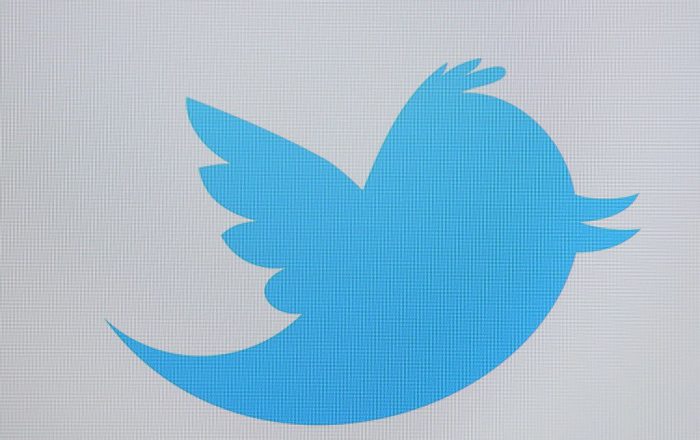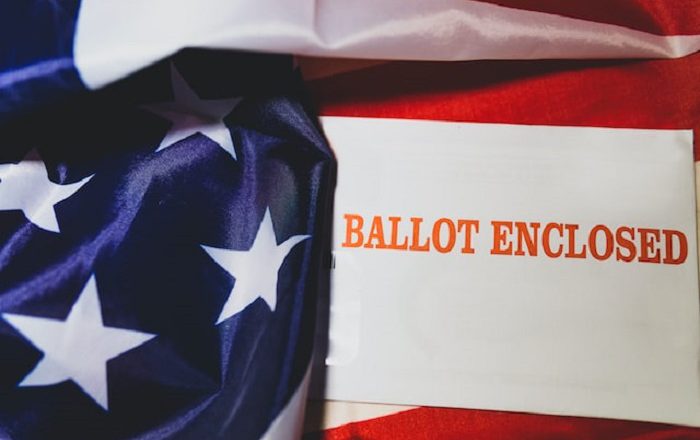Twitter Lifted Its Ban On COVID Misinformation – Research Shows This Is A Grave Risk To Public Health
Twitter’s decision to no longer enforce its COVID-19 misinformation policy, quietly posted on the site’s rules page and listed as effective Nov. 23, 2022, has researchers and experts in public health seriously concerned about the possible repercussions.
Health misinformation is not new. A classic case is the misinformation about a purported but now disproven link between autism and the MMR vaccine based on a discredited study published in 1998. Such misinformation has severe consequences for public health. Countries that had stronger anti-vaccine movements against diphtheria-tetanus-pertussis (DTP) vaccines faced a higher incidence of pertussis in the late-20th century, for example.
As a researcher who studies social media, I believe that reducing content moderation is a significant step...






